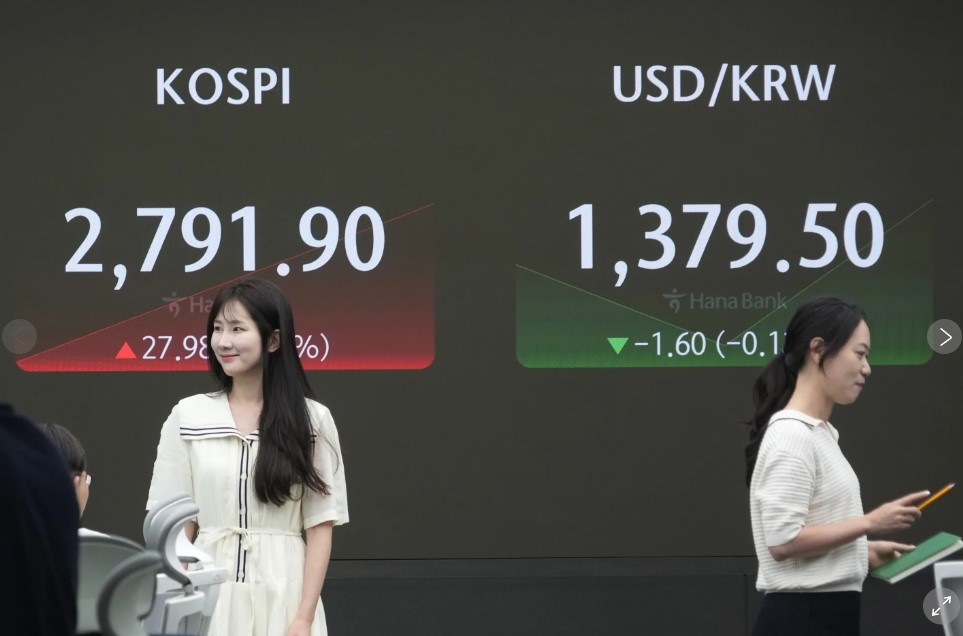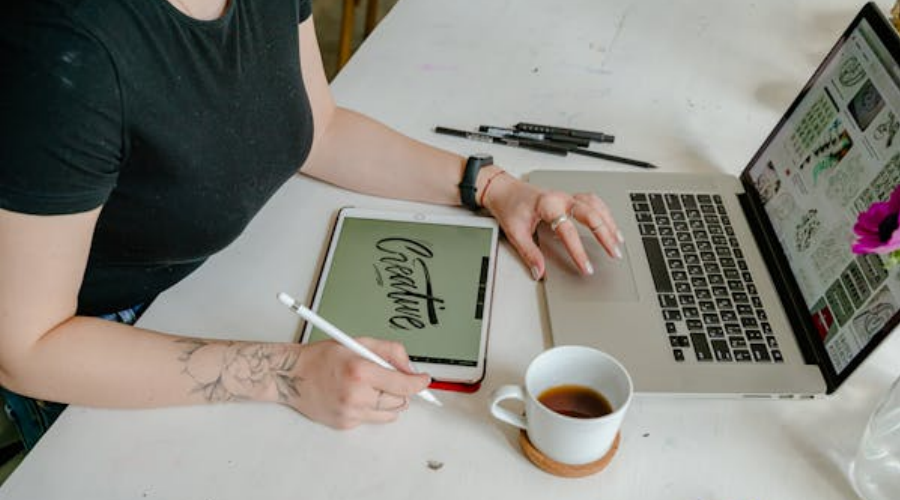According to the CEO of Tesla, Musk, anyone who doubts the value of robotaxis to the company, should test drive the company’s new self-driving car. Wall Street analysts say they did just that, and the car nearly crashed.
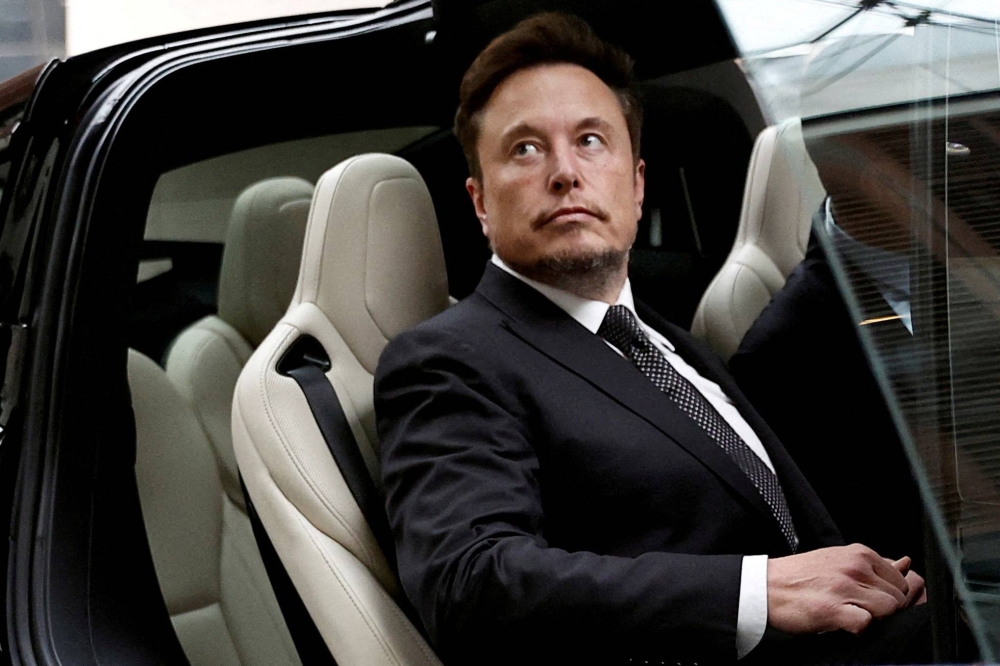
William Stein Trust Securities Analyst’s experience is not unique. Some have cited problems with Tesla’s Self-Driving System (FSD). But Stein’s note raises questions about Musk’s funding of Tesla’s future for self-driving and robotaxis as close as he says it is.
Tesla’s FSD driver assistance unit is sold as an $8,000 option. It can drive on city streets and highways as a human driver is ready to handle. Musk claims that FSD is safer than human drivers and sees the future of Tesla developing a robotic vehicle to transport passengers without a driver behind the wheel.
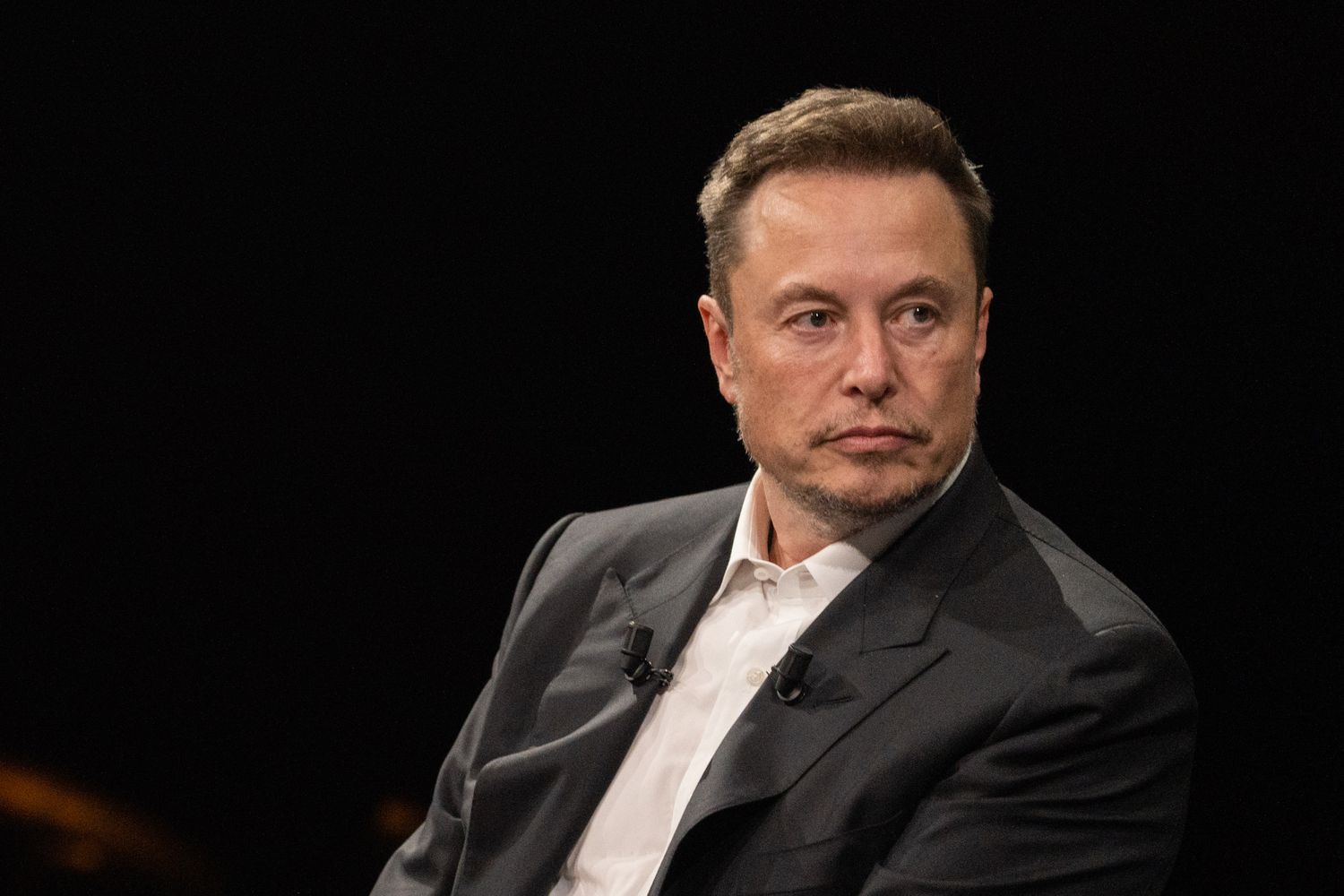
“If anyone wants to better understand this system, try to have experience,” he said on a conference call with investors after disappointing second-quarter earnings earlier this month. . “As long as people use it, they keep using it. So it’s very exciting.”
But Truist’s Stein ran into trouble when he tested a special “demo mode” available to Tesla employees during a recent demo drive, he wrote in a memo. He noted that the vehicle performed a number of illegal actions while in FSD mode, including changing lanes on non-changing sections of the road marked with bright white lines. . In addition, “Model Y was driving in the area when the vehicle in front of the car was only half way to turn right. I intervened in time to avoid the accident, ” he wrote. “Further intervention was required when the police signaled the side of the road to allow the funeral to proceed.”
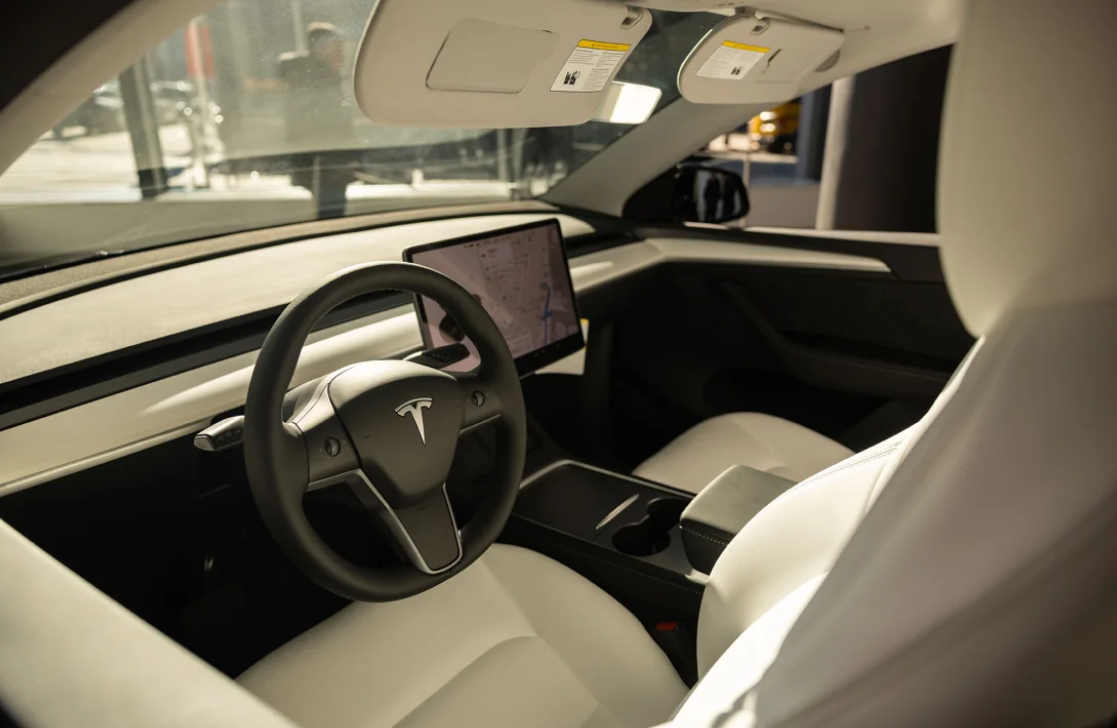
When the system was tested in April, Stein wrote that it “didn’t get any better than before and could be worse.”
But it’s not all doom and gloom. Stein made several improvements to the FSD compared to previous test drives. “What impressed us the most was how well the vehicle adapted to challenging obstacles that put experienced human drivers at risk, such as road closures, potholes, and heavy traffic,” his writing. “The new FSD version is more powerful when changing lanes and finding a way to maintain a high speed above 80 km/h (a challenge we identified in our previous report).In general, the driving experience is better than the last test drive.
Autonomous driving is key to Tesla’s future success
Musk says that the company’s planned robotaxi service could increase the value of Tesla by five times, because owners can earn more money and use their cars more often. long every day.
He also said he thinks Tesla shares could be worth $5 trillion by the end of the decade. That’s a trillion more than any other company today, and more than Tesla’s current market cap of $830 billion. But the company has delayed unveiling details about its robotaxi service in early August until October 10 “to make some big changes that we think will make our vehicles even better,” Musk said. last week to investors at the meeting.
The launch of the robot taxi service is “subject to technical progress and regulatory approval,” the company said in its earnings report. Although Musk said he believes this will happen next year, he admitted on a conference call that “I’m already thinking about it.”
Tesla does not have a public relations department and did not respond to questions about the trust announcement.
legal issues
Safety regulators have raised questions about FSD and Autopilot, which have less road-driving assistance features.
In January, the National Highway Traffic Safety Administration ordered a recall of all 363,000 US vehicles with this condition. The agency said there was “unnecessary risk to the safety of motor vehicles due to non-compliance with traffic safety regulations.”
NHTSA ordered the recall of nearly 2 million Tesla vehicles in December after a two-year investigation into nearly 1,000 crashes with the feature activated. He said Autopilot could give drivers a false sense of safety, and that it could easily be misused in certain dangerous situations, making Tesla’s technology unsafe to drive on the road.
The NHTSA announced this week the recall of 1.8 million Teslas, saying that the car’s computer cannot detect when the cabin is open, which can be opened while the vehicle is in motion. car. This issue is fixed by an over-the-air software update.

